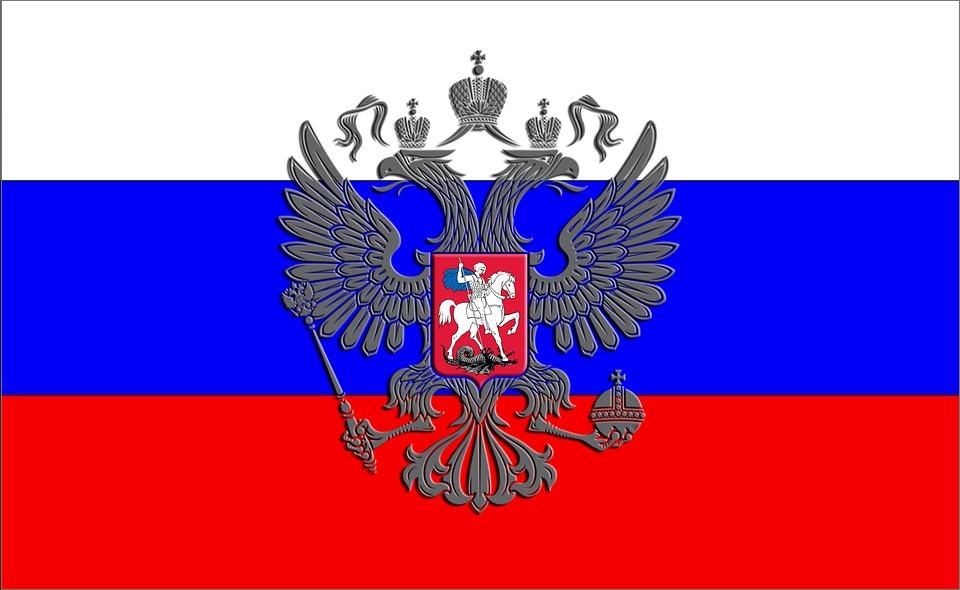18 November 2021
Bear Tracks.
Ukraine, Poland, Bosnia.
By Neil Tidmarsh

A few days ago, the International Space Station’s mission controllers in Houston and Moscow spotted a new cloud of space debris on their radars. The path of its orbit suggested that it was heading straight for the ISS. The station’s crew – four Nasa astronauts, a European Space Agency astronaut and two Russian cosmonauts – was immediately alerted to this danger. They were ordered to withdraw to the two spacecraft capsules docked at the station, where they could take shelter from the approaching storm of hundreds of thousands of scraps of dust and shrapnel, and which could be undocked for a return to earth if the station was seriously damaged. The crew emerged after two hours to find that the station had in fact survived, but following this near miss they had to close hatches on all the station’s labs every ninety minutes when their orbit took them near the cloud of debris. And the debris remains in orbit and could prove a danger to the Chinese space station Tiangong.
The cloud of debris was created this week by a Russian missile test. It’s the remains of an old Russian spy satellite (a Soviet-era Cosmos 1408 defunct since 1984) which was blasted to fragments as the missile’s target. The test was condemned as irresponsible, reckless and dangerous by the USA State Department, Nato and the UK’s defence secretary.
Ukraine, Poland and Bosnia must be wishing this week that they too had safe capsules in which they could take shelter from what appears to be a dangerous and widespread cloud of shrapnel apparently emanating from Russia.
Kiev, Nato and the defence analyst Janes reported “a large and unusual” gathering of Russian troops (as many as 100,000, according to Kiev) along the border with Ukraine; it’s feared that a full-scale invasion might be imminent (after all, as soon as the German government agrees to turn on the new Nord Stream 2 gas pipeline which will deliver Russian gas direct to Western Europe, the Kremlin will no longer have to worry about disruption to the current pipeline which delivers it via Ukraine). The CIA director William Burns has flown to Moscow in response to the crisis.
Poland has been targeted by President Lukashenko of neighbouring Belarus in an attempt to punish the EU for imposing sanctions on his brutal regime. Flooding the Polish border with migrants flown in from other counties appears to be a deliberate tactic to destabilise the EU by exploiting growing tensions between Warsaw and Brussels. And if Brussels can be persuaded to pay Belarus a fortune to keep migrants away from the EU (as it pays Turkey) then so much the better. Germany and Poland have accused the Kremlin of aiding Lukashenko and even of engineering the crisis; Belarus dissidents have suggested that Russia and Belarus are hoping to spark some kind of armed conflict on the border. Belarus and Russia are partners in a Union State; Russia flew two nuclear-capable bombers to Belarus this week in what seems to be a show of support for the regime and its actions; hundreds of Russian paratroopers have been taking part in exercises in Belarus near the Polish border (two of them were tragically killed when their parachutes failed); and Lukashenko threatened to cut off supplies of Russian gas to Europe by shutting down the pipeline which runs through his country.
In Bosnia this week Milorad Dodik, the leader of the Bosnian Serbs, cranked up his nationalist rhetoric, threatening to secede the Serb enclave ‘Republika Srpska’ from Bosnia’s multi-ethnic state. He and Bosnia’s Serbs are pro-Russia and backed by Moscow; Western leaders fear that the Kremlin is encouraging his plans in an attempt to prevent Bosnia and the Balkans from moving closer to the West and away from Russia. Secession would break the US-brokered Dayton accords which brought peace to Bosnia in the 1990s by establishing it as a multi-ethnic state of Muslims, Serbs, Croats and Slovenes under international protection; it would potentially trigger armed conflict between Bosnia’s Serbs and the country’s other ethnic groups, armed conflict which could spread to the rest of the Balkans and indeed to a wider West / East confrontation. The USA, the UK and the EU are contemplating sanctions against the separatist Bosnian Serbs, but Milorad Dodik remains defiant. He has delayed plans to withdraw Serbs from Bosnia’s national army, but he has militarised the police in his Serbian enclave.
Russia denies that its missile strike on the Cosmos 1408 satellite was reckless or irresponsible. “The fragments that formed pose no threat to space activity” said the Russian defence ministry. “Claims of alleged ‘risks’ to the International Space Station are false.” Russia also denies any involvement in the migration crisis on the Belarus/Polish border (as does Belarus), and there is no actual evidence that it is aiding or directing Lukashenko’s tactics. But the idea of Russia pulling its neighbours’ strings would fit the broader known picture of what William Hague described in The Times this week as Putin’s strategy of “neutralising what he sees as the encroachment of the West on Russia’s sphere of influence through a mixture of social media exploitation, clever diplomacy, military intimidation and turning on or off the gas.” Historically, Poland, Ukraine, Belarus and Serbia have all been satellites of Russia; if Russia takes aim at them, it’s likely to send clouds of danger scudding far beyond their borders, just as targeting that Soviet-era Cosmos 1408 has sent a cloud of hazardous debris orbiting throughout the whole of the solar system.


